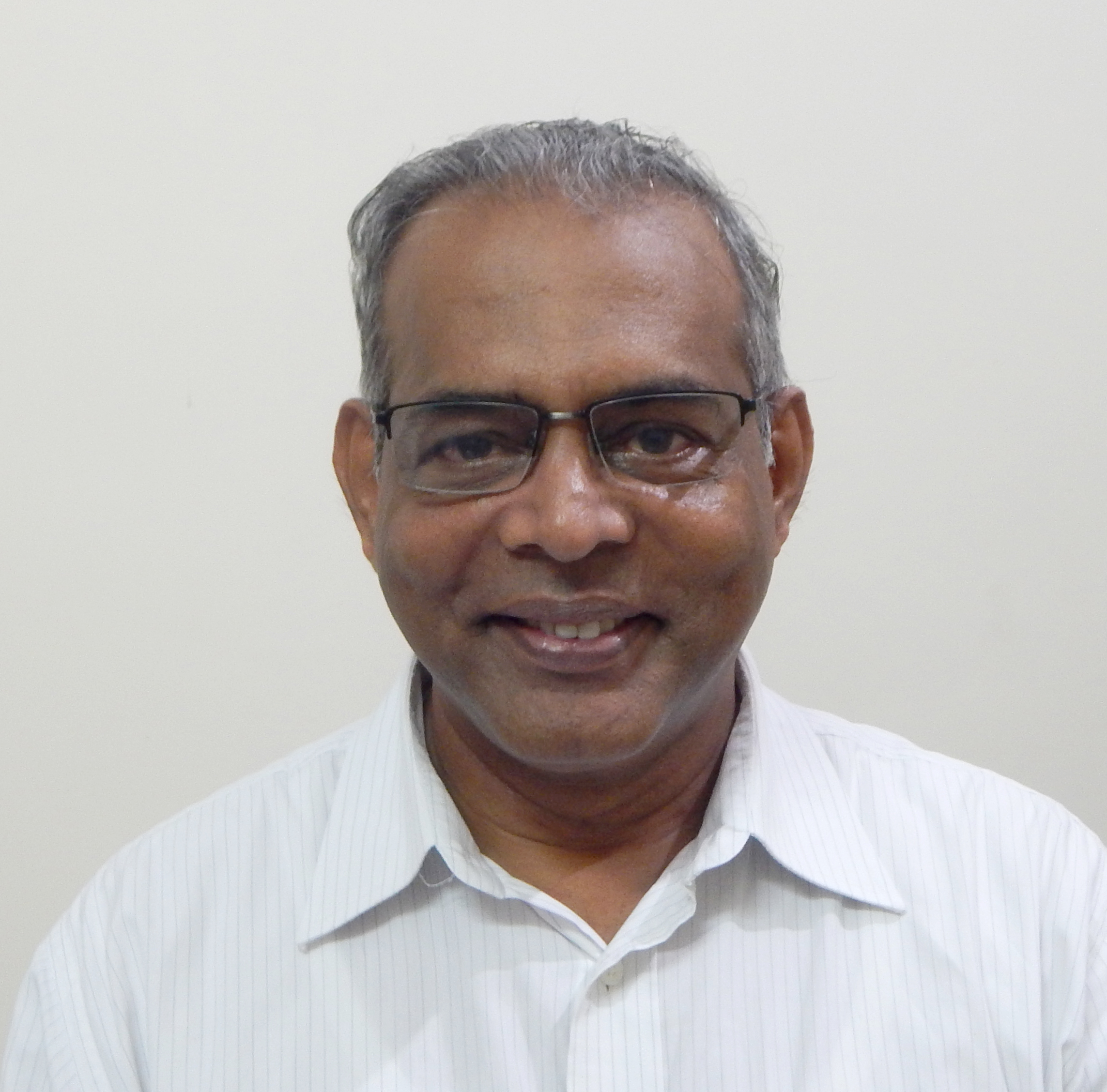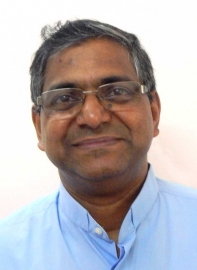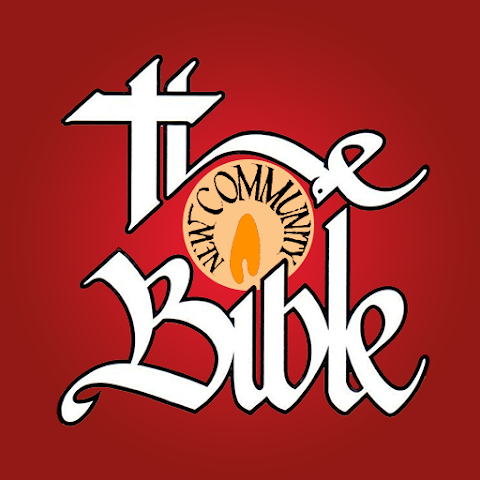FOUNDER
Blessed James Alberione, the Founder of the Society of St Paul and of the Pauline Family, was born on 4th April 1884 at San Lorenzo di Fossano in the Diocese of Fossano in the Cuneo province of northern Italy. He was the fifth child of Michael Alberioneand Teresa Allocco.The child was very weak and hence the parents feared if it would live long.Knowing the responsibility of Catholic parents, they baptized him the following day. The child was given the name James (Giacomo)—the name of one of his paternal uncles.
When James was six years old, he began his school situated about three kilometers from home. In the school, James Alberione did not distinguish himself in anything except for his extraordinary maturity in behaviour. In the very first year, young James expressed his desire to become priest. Though he was too young for such a decision, the decision seemed to be very firm and serious.
His father and his brothers did not want him to become priest mainly due to the poor economic condition of the family. But his parish priest (Fr. Montersino), knowing the nature and disposition of young James came to the aid. He succeeded to convince the father that it was imprudence to oppose the aspiration of the child. Michael then, proceeded to the seminary of Bra and made the request for the admission of his son. His request was accepted, and thus on 25 October 1896, accompanied by his father, young James entered the seminary of Bra. But it was God’s plan that he had to leave the seminary in 1900. With his parish priest’s assistance, he was then admitted in the seminary of Alba in the same year.
When the nineteenth century ended and the twentieth began, James was sixteen years old. To welcome the new century, Pope Leo XIII had decreed that the night between 1899-1900 and the night between 1900-1901 special midnight Mass and special adoration could be organized in all the chapels where the Blessed Sacrament was habitually preserved. Following this exhortation of the Pope, the night between 1900-1901, the Midnight Mass was celebrated in the seminary of Alba and solemn adoration was organized. In the seminary, the seminarians were free to pray after the Midnight Mass. Young James continued to pray after the Midnight Mass. While praying, he felt obliged to do something for the people of the new century with whom he would be living (cf. AD 15). On many occasion in his life, Fr. James Alberione has idealized those four hours of night adoration. From that moment onwards he tried to understand the society better; his readings were more focused, disciplined and directed towards a precise purpose (to serve the Church); dedicated all of his free time for reading and study. He was ordained a priest with other ten companions by Mons. Re, Bishop of Alba, in the Cathedral of Alba on 29th June 1907. After his ordination, he was appointed assistant parish priest of the Church of St Bernard, abbot, Narzole. On 18th October 1908, Bishop Re entrusted him the office of the spiritual director of the Seminary. The decision of the bishop was a surprise for most in the seminary because Fr. Alberione was too young and inexperienced for such a great responsibility.
On 20 October 1913, Fr. Alberione was entrusted with the direction of the diocesan weekly Gazzatta d’Alba.A few months later, on 14 March 1914, he became the proprietor of this weekly. And this would become the key to begin his press apostolate. On 20th August 1914, he founded the typographical school of little workers (later on Society of St Paul)which would use the means of community to spread Christian message.
The work that he started did not enjoy the favour of the Church, but Vatican Council II confirmed his intuitions with the decree of Inter Mirifica on the media of social communication. Fr. Alberione is remembered for the special role he assigned to women. One of the special qualities of Alberione was to decipher the signs of the times and the address them. He felt obliged to use the latest technology at the service of the Gospel. He daringly called "true preaching" the apostolic activities through the means of communication. He said, "we must give the Bible, in whatever form is most convenient" (CISP p. 832). He also said, "Machines, the microphone, the production, projection or broadcasting room are like a pulpit" (CISP p 915). He was not afraid of investing huge capitals for apostolic projects, nor was he ashamed of asking the sisters to go cycling for door-to-door promotion of the good literature. From where did Fr. Alberione find the inner strength to transform his dreams into realty? The answer is prayer, especially the prayer of adoration before the Eucharist.He dedicated more than four hours a day for prayer and exhorted his spiritual children to become, first and foremost, persons of prayer.
Activities of Fr. Alberione slowed down only towards the end of his life. He spent his last days in a life of prayer, rest, short visits of his spiritual sons and daughters. The grave crisis of health took place on 25 November 1971. The following day, Pope Paul VI came to visit him and to impart him paternal blessing. Fr. Alberione died at 18.25 on 26 November 1971 at the age of 87. His body is laid to rest in the sottocripta of the Sanctuary Queen of Apostles, Rome. On 4 May 1996, he was declared Venerable, and he was declared Blessed on 27th April 2003. For the spirituality that he transmitted to the Church and the great contribution that he has made in the field of communication, Pope Paul VI called him "a marvel of our century".

















.jpg)








